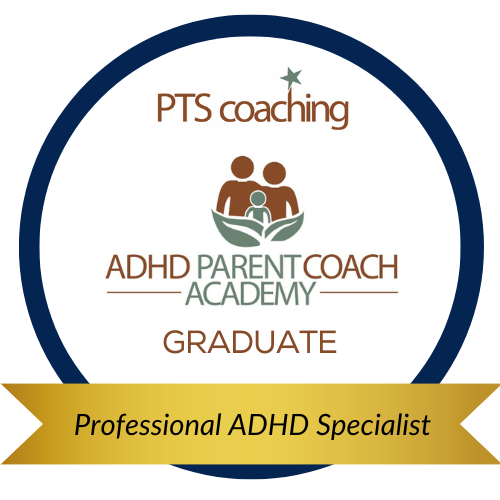How Coaching Helps Parents Navigate Emotional Reactivity and Challenging Behaviors
Stephanie Singer | June 10, 2025
Some kids need a different approach – not harsher consequences, but deeper understanding.
If you’re raising a child who is strong-willed, emotionally intense, deeply sensitive or facing ADHD and executive function-related challenges, you’ve likely discovered what many caregivers come to realize: what works for many kids doesn’t always work for yours.
Maybe you’ve tried consequences, positive reinforcement, or thoughtful routines – and still, many parts of the day feel unexpectedly challenging. You might find that your mornings feel rushed, or homework time leads to a significant power struggle, and that big emotions are inevitable. Even when you know your child is highly capable, you might be stuck in a cycle where it feels hard to know how to help them thrive without so much conflict.
You’re not alone.
And you don’t have to figure this out by yourself.
A Different Kind of Support
While certain parenting books, podcasts, and the like can be very helpful, parent coaching adds something unique: customized guidance that considers your child’s wiring, your family’s values, and your own regulation and resilience as the adult in the room.
Research indicates that children with ADHD and related challenges benefit most when the adults in their lives are supported with practical strategies
and emotional insight. In fact, studies show that the intensity and persistence of ADHD symptoms are influenced not just by the child’s neurobiology, but by their environment, particularly the quality of caregiver responses and supportive structure at home.
This in no way means that the caregiver is at fault here. In fact, we’re a central part of what can improve the dynamic.
As Dr. Dan Siegel and Dr. Tina Payne Bryson explain,
“What we do in the hardest moments matters most. That’s when our children learn who we are – and who they are, too.”
What Coaching Offers
Coaches help caregivers build a collection of strategies that are both evidence-based and personally relevant. They guide clients in shifting from reactive patterns to intentional responses that support a child’s growth, without sacrificing their own well-being. And they help caregivers learn how to “parent the child they have” – a phrase coined by ADHD coaching expert Cindy Goldrich.
This might look like:
- Understanding your child’s behaviors through the lens of nervous system regulation and executive function
- Using effective communication strategies that reduce power struggles and strengthen cooperation
- Setting limits with grounded leadership and empathy, instead of control
- Finding a flow to your day that reduces stress and increases cooperation
- Recognizing connection and co-regulation as essential to building skills, such as emotional regulation and accountability
- Getting clear on your own parenting values and instincts, especially when outside advice feels off-track
Why This Matters
Strong-willed and neurodivergent kids often feel misunderstood, especially in systems designed for more typical behavior patterns. When adults shift how we interpret their behavior – from “stubborn” to “struggling,” from “defiant” to “dysregulated” – we make way for more stability for both parent and child.
And perhaps most importantly, coaching offers a space to hear the experiences of others, revealing just how many families are working through similar struggles.
This Approach Supports Educators, Too
These same principles extend to teachers and their learning environments, as well. Many traditional behavior strategies used in educational settings were built on control and compliance. When educators, instead, view behavior through the lens of skill-building and nervous system regulation, more empathy and effective instruction follow. The shift from How do I get this student to stop? to What might this student need help with? can make a profound difference.
In this way, teachers recognize that classroom success goes beyond academics – that it's essential to foster a learning environment where kids feel emotionally safe to engage, participate, and learn.
Every Child Is Unique. Every Family and Classroom Is, Too.
There’s no one-size-fits-all solution here. Coaching isn’t about following a rigid program or living up to an unrealistic standard. It’s about showing up with a willingness to learn and adapt – in ways that work for your child, your role, and your life.







